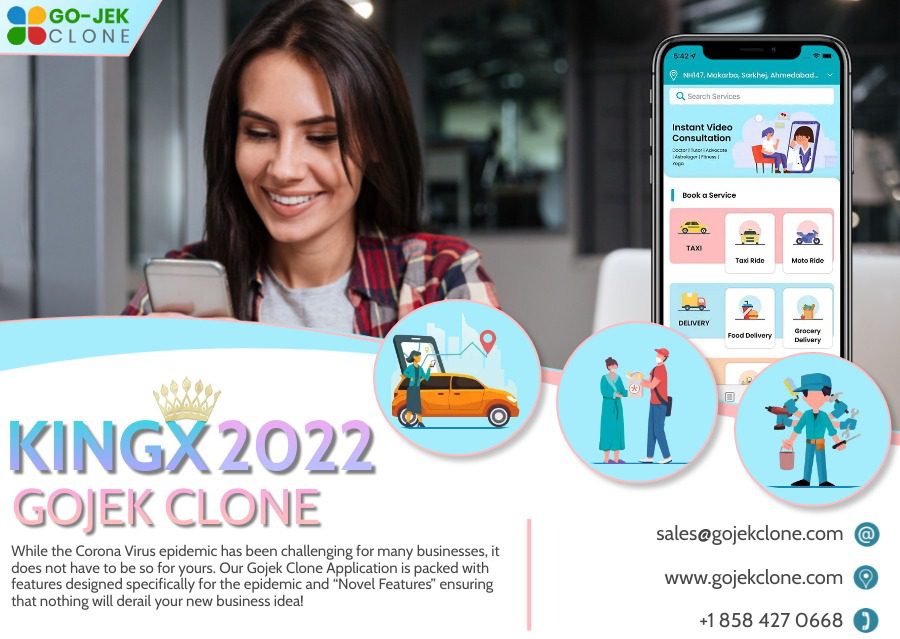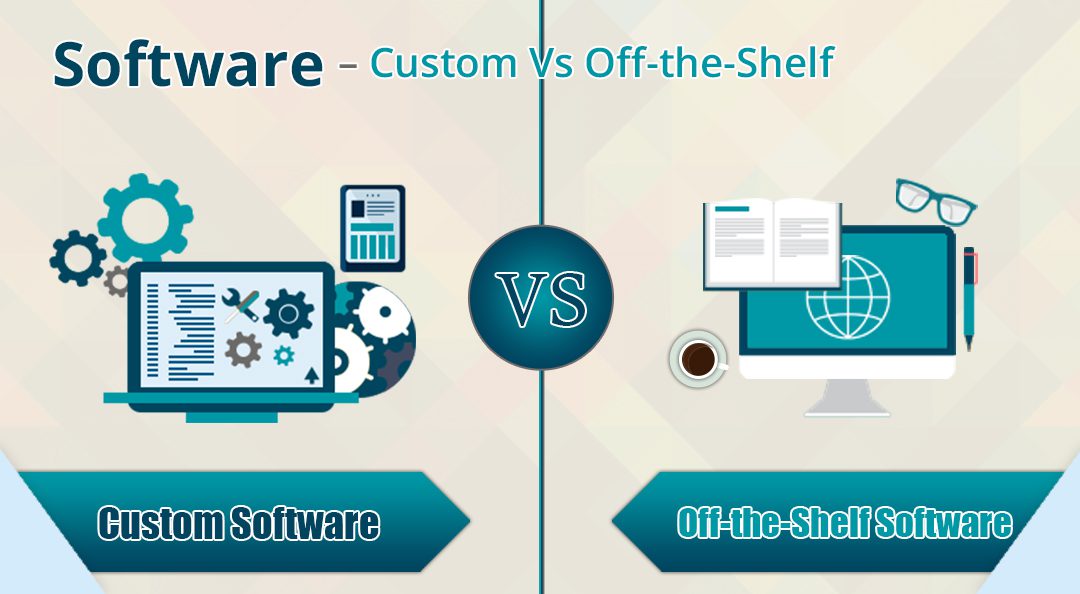Record linkage is a process used to identify and match records from multiple data sources that refer to the same entity. This technique is commonly used in industries such as healthcare, finance, and marketing, where data from multiple sources must be combined to provide a complete picture of an individual or organization.
In this post, we will explore the concept of record linkage, its benefits, and the role of data matching in achieving accurate record linkage.
What is Record Linkage?
Record linkage, also known as data linkage, is the process of identifying and merging records from different sources that refer to the same entity, such as a person, business, or organization. Record linkage can be performed manually or through automated processes, depending on the complexity and volume of the data.
Record linkage is a crucial process in many industries, including healthcare, finance, and marketing. For example, in healthcare, record linkage is used to identify patients across multiple health systems, allowing providers to access a complete medical history for each patient. In finance, record linkage is used to identify fraudulent activities by linking financial transactions across different accounts and institutions. In marketing, record linkage is used to identify customer behavior across multiple channels, allowing businesses to deliver targeted and personalized marketing messages.
Benefits of Record Linkage
Record linkage has several benefits for businesses and organizations, including:
Improved Data Accuracy
By linking records from multiple sources, businesses can ensure that their data is accurate and complete. For example, by linking patient records from multiple healthcare systems, providers can access a complete medical history for each patient, reducing the risk of errors and omissions in medical decision-making.
Enhanced Efficiency
Record linkage can enhance the efficiency of data management processes by reducing the need for manual data entry and duplication. For example, by linking customer records from multiple sales channels, businesses can eliminate duplicate customer accounts, reducing the time and resources needed for data management.
Better Decision Making
Record linkage can provide businesses with a more complete picture of their customers, patients, or transactions, allowing for better decision-making. For example, by linking financial transactions from multiple accounts and institutions, businesses can identify patterns of fraudulent activity, allowing for faster detection and prevention.
Regulatory Compliance
Record linkage can help companies comply with regulatory requirements related to data management and privacy. For example, in industries such as healthcare and finance, there are strict regulations around data sharing and privacy. Record linkage can help companies ensure that they are complying with these regulations by providing a comprehensive view of data while protecting sensitive information.
Cost Savings
Record linkage can also help companies save costs by reducing errors and redundancies in data management processes. By eliminating duplicate records and consolidating data elements, companies can reduce the time and resources needed for data management, allowing them to focus on other important business priorities.
Improved Customer Experience
Record linkage can help companies deliver better customer experiences by providing a comprehensive view of customer data. By linking customer records from multiple channels, companies can identify patterns of behavior and preferences, allowing for targeted and personalized marketing messages and services.
Data Matching and Record Linkage
Data matching is a critical component of record linkage. Data matching involves comparing data elements from multiple sources to identify records that refer to the same entity. The quality and accuracy of data matching algorithms can have a significant impact on the accuracy and completeness of record linkage.
Data matching algorithms can use various techniques to compare data elements, including exact matching, phonetic matching, and fuzzy matching. Exact matching compares data elements exactly, while phonetic matching compares data elements based on their sound. Fuzzy matching compares data elements based on their similarity, allowing for variations in spelling, formatting, or other factors.
Data matching algorithms must be carefully designed and tested to ensure accuracy and minimize errors. Even small errors in data matching can result in incorrect or incomplete record linkage, leading to poor decision-making, wasted resources, and lost opportunities.
Record Linkage Challenges to Look Out For
While record linkage is a powerful tool for combining data from multiple sources, it also comes with a number of challenges that companies need to be aware of in order to make the most of the process.
Here are some of the challenges with record linkage and some strategies for overcoming them:
Data Quality
One of the biggest challenges with record linkage is ensuring data quality. Data from different sources may be incomplete, inconsistent, or inaccurate, making it difficult to link records with confidence. To overcome this challenge, companies should invest in data quality tools and processes, such as data cleansing, data profiling, and data validation. By cleaning and standardizing data from different sources, companies can improve data quality and increase the accuracy of record linkage.
Data Volume
Another challenge with record linkage is managing large volumes of data. As the amount of data increases, it can become difficult to manage and process efficiently. To overcome this challenge, companies should invest in data management tools and processes, such as data warehousing, data integration, and data deduplication. These tools can help companies store, manage, and process large volumes of data, making it easier to link records from multiple sources.
Data Privacy
Data privacy is a critical issue in record linkage, especially in industries such as healthcare and finance. Companies need to ensure that they are complying with regulations around data sharing and privacy while still being able to link records from different sources. To overcome this challenge, companies should invest in privacy-enhancing technologies, such as data masking, encryption, and secure data sharing platforms. By using these technologies, companies can protect sensitive data while still being able to link records from different sources.
Data Matching
Data matching is a critical component of record linkage, but it can also be a challenge. Matching algorithms need to be accurate and reliable to ensure that records are linked correctly. To overcome this challenge, companies should invest in advanced matching algorithms and techniques, such as machine learning and fuzzy matching. These techniques can help improve the accuracy of data matching, making it easier to link records from multiple sources.
Data Governance
Data governance is another challenge with record linkage. Companies need to ensure that data is managed and used in a responsible and ethical manner. To overcome this challenge, companies should establish data governance policies and procedures, including data quality standards, data ownership, and data access controls. By establishing clear guidelines for data governance, companies can ensure that record linkage is done in a responsible and ethical way.
Overall, record linkage is a powerful tool for combining data from multiple sources, but it comes with a number of challenges. By investing in data quality tools and processes, data management tools and processes, privacy-enhancing technologies, advanced matching algorithms and techniques, and data governance policies and procedures, companies can overcome these challenges and make the most of record linkage.








